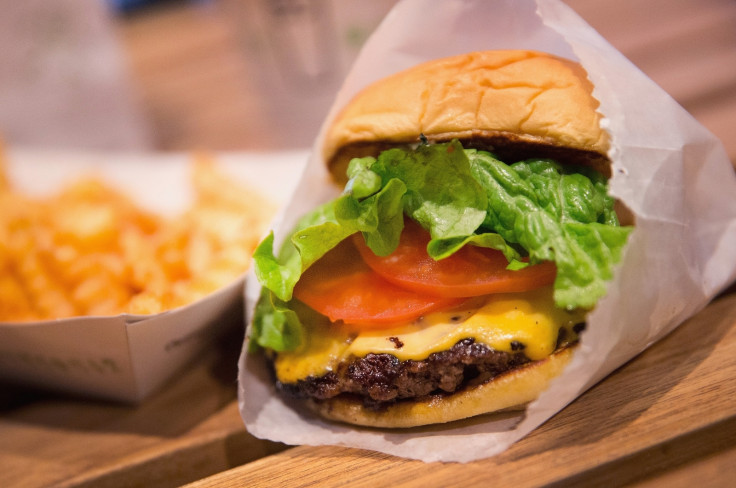Cico diet: Why you shouldn't fall for the latest weight loss fad
"Calories in, calories out," is the mantra of the Cico diet - but dietician warns latest fad is unhealthy.

Atkins, Paleo, 5:2. There seems to be a new diet fad to wrap our heads around every week - and the latest is called "Cico."
An acronym for "calories in, calories out," Cico has gained traction on Reddit weight loss forums recently. The regime involves ensuring you use more calories by exercising and maintaining vital functions than what you consume in a day. So there is little focus on which food groups your calories are coming from.
Some claim this simple mantra is the key to weight loss and health - but that is not entirely true.
Aside from the fact that counting calories is hardly a groundbreaking concept and notoriously difficult to accurately measure, the approach is not necessarily conducive to a healthy lifestyle.
In theory, any form of energy restriction will result in weight loss, explains Aisling Pigott-Jones, a spokesperson for the British Dietetic Association. But that should not be our sole focus when trying to become or stay fit and healthy, she tells IBTimes UK.
"If we simply look at calories in versus calories out, we forget about some of the complexities of weight loss, nutrition and our relationships with food," she says. "Think about it - if you loved Mars bars, and decided to consume 1500kcal in the form of five to six mars bars every day alongside an exercise programme, you will definitely lose weight.
"However, because of the high sugar content, you will never feel full, always craving more satiation. Because of the high saturated fat content, you will feel sluggish. Because your diet will contain no fibre, you will suffer constipation or other bowel issues. Because of the low nutrient value, you would soon become anaemic and deficient in a host of vitamins and minerals. Because your body will then be 'under-nourished', not from an energy point of view, but from a nutritional point of view, any exercise or fitness activities you engage in, will contribute to the negative energy balance. But you won't become fitter, stronger or have any impact on your long-term metabolism."
"It probably will work in the short term. But you will feel rotten and won't stick it out. As soon as you return to your own 'normal', you will regain weight," she explains.
However, totting up calories can be a useful tool for those who need to learn what they should be putting into their bodies, especially if they have been eating diets very high in saturated fats and low in nutrients. It is also useful for anyone who struggles with portion sizes.
"But it just can't be used in isolation without recognising the importance of a healthy balanced diet," stresses Aisling-Pigott.
The key to maintaining a healthy weight while eating a nutritious diet is to first of all stop worrying about food altogether, according to Aisling-Pigott. Instead, we must learn to accept our bodies before focusing on what we put in them.
"Those that are least likely to keep weight off are those that do because they are unhappy with their body," she says. "This is because we are generally our own worst critic. We are never happy with our bodies or self, so after all our hard work, start to think 'what's the point' and give up. So number 1; Work on loving yourself for exactly who you are and then find a non-image related motivation to lose weight, for example health statistics, family activity or exercise goal."
Cutting out food groups in order to lose weight and setting up unrealistic goals is also ill-advised as this makes us more likely to overeat.
"Instead of setting yourself restrictive goals like 'cut out' chocolate or 'avoid carbohydrates' or 'limit portion sizes', try and phrase it to yourself in positive light 'enjoy chocolate in sensible amounts' or 'choose portions that match my needs' - as soon as you change your language, you are feeling less restricted and more in control," she says.
She adds: "Set yourself small, realistic goals of one to two pounds a week. We are often so keen for that magic, quick solution, we forget that maintainable weight loss doesn't happen overnight."
Learning to savour every mouthful of food, and not being distracted by our phones or the TV is also vital.
As such, the ideal diet is "the one you're enjoying", she says.
"No matter what advice or nutri-babble you read online, a healthy diet is one that suits you. For example if Dr Nutrition-Guru tells you to eat a bunch of kale every day, and you hate it then that's not going to work."






















